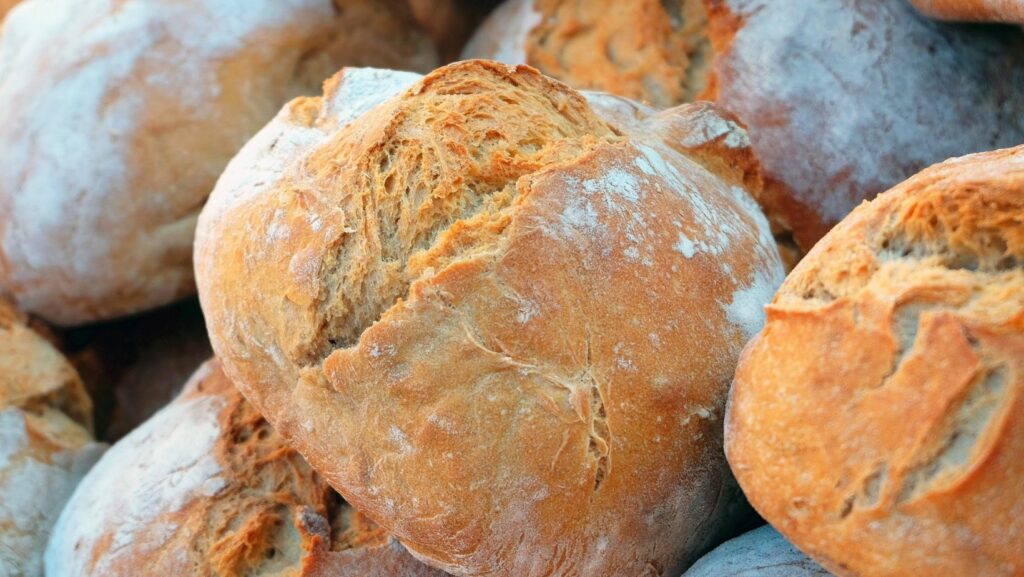Do you ever ask yourself, “Why am I craving bread?” Well, you’re not alone. Cravings for bread can be quite common and can stem from a variety of factors. One possible reason behind your bread cravings could be related to the composition of the bread itself. Bread is typically made from wheat flour, which contains carbohydrates.
Carbohydrates are known to stimulate the release of serotonin in the brain, a neurotransmitter that helps regulate mood and appetite. So when you’re feeling low or experiencing hunger, your body may seek bread as a quick source of energy and comfort.
Another factor that might contribute to your cravings is habit.
f you’ve been consuming bread regularly as part of your diet, your body may have become accustomed to it and craved its familiar taste and texture. Certain emotional triggers or situations can also lead to cravings for comforting foods like bread.
It’s important to note that while occasional cravings for bread are normal, excessive or uncontrollable cravings could indicate an underlying issue, such as nutrient deficiencies or imbalances in blood sugar levels. Consulting with a healthcare professional can help determine the root cause if you notice these persistent cravings interfering with your overall well-being.
Why am I Craving Bread
If you ask, “Why am I craving bread?” you’re not alone. Food cravings are a common occurrence that various factors can trigger. Understanding the science behind these cravings can illuminate why certain foods, like bread, hold such an irresistible allure.
- Brain Chemistry: Cravings often originate in the brain and are influenced by neurotransmitters like dopamine and serotonin. These chemicals play a key role in regulating mood and reward pathways. When we consume certain foods, including carbohydrates found in bread, our brain releases dopamine, which creates a pleasurable sensation. This reinforcement mechanism encourages us to seek out those foods again.

- Emotional Triggers: Emotional states can also contribute to food cravings. Stress, boredom, sadness, or even happiness can lead us to seek comfort in familiar foods like bread. Carbohydrates have been shown to increase serotonin levels in the brain, promoting feelings of relaxation and well-being.
- Habit Formation: Repeated exposure to specific foods can create habitual cravings. Suppose you frequently indulge in bread or have incorporated it into your daily routine (e.g., toast for breakfast). In that case, your body may become accustomed to expecting it at certain times or situations.
- Nutritional Imbalances: Cravings for specific types of food may indicate dietary deficiencies or imbalances within the body. For example, if you lack certain nutrients like fiber or B vitamins in whole-grain loaves of bread, your body might signal its need through cravings.
- Gut-Brain Connection: Emerging research suggests that gut health also plays a significant role in food cravings. The complex network of microbes in our gut can influence our dietary preferences and desires for certain foods.
Understanding why you crave bread is not about demonizing this staple food but recognizing the factors contributing to these urges and making informed choices about your diet.
Final Thoughts
There are several reasons why you might find yourself craving bread. Whether it’s due to the pleasurable sensations it provides or simply because it has become ingrained in your routine, understanding these factors can help you make informed choices about addressing those cravings effectively while maintaining a balanced diet.
Food cravings, including those for bread, are a complex interplay of brain chemistry, emotions, habits, and nutritional needs. By being mindful of these factors and making conscious decisions about what we eat, we can balance satisfying our cravings and maintaining a healthy diet.

